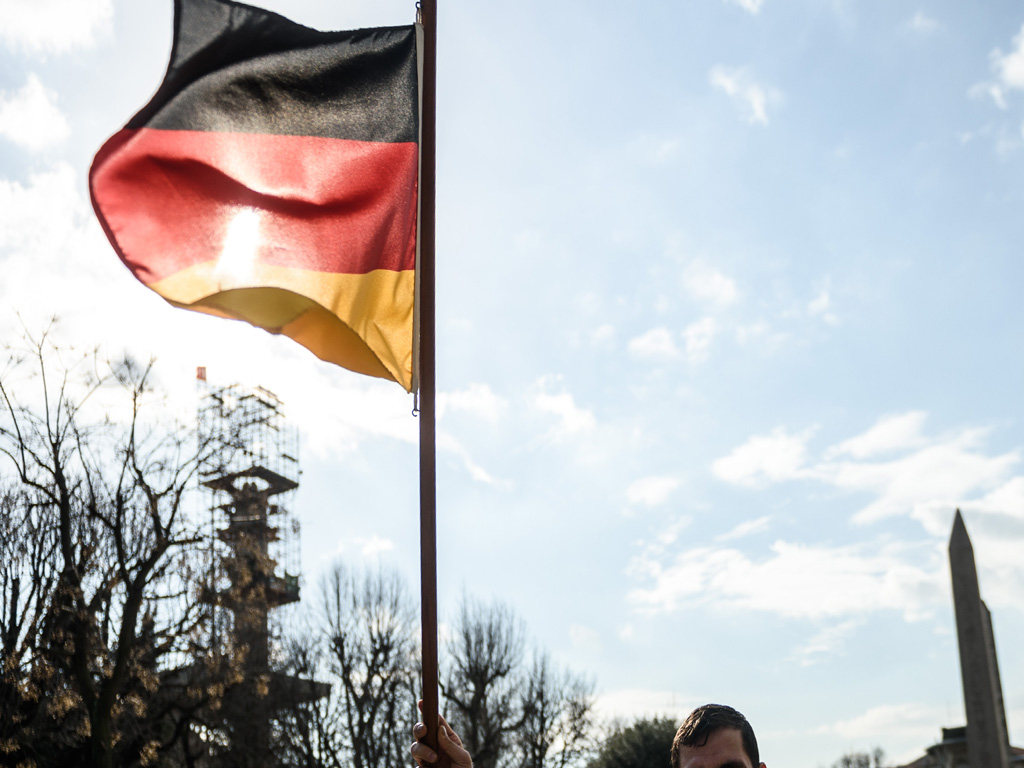 BERLIN: German producers of transport equipment and textiles are making the most use of a short-hours facility aimed at avoiding mass lay-offs as the manufacturing sector lingers in a recession, a survey by economic institute Ifo showed on Tuesday.
BERLIN: German producers of transport equipment and textiles are making the most use of a short-hours facility aimed at avoiding mass lay-offs as the manufacturing sector lingers in a recession, a survey by economic institute Ifo showed on Tuesday.
It said that 30% of makers of transport equipment other than cars, which include shipyards, train builders and motorcycles, were using the facility, known as "Kurzarbeit". In the textiles sector, about 25% of companies were doing so.
The Kurzarbeit scheme was used by many struggling companies in the 2008-2009 recession, allowing them to preserve jobs by cutting employees' hours when plant usage was low and having the government compensate workers for part of their lost wages.
An Ifo survey of some 2,000 companies earlier this month found that 8.5% of manufacturers expect to use short-hours working in the coming three months, the highest level since early 2013. Some 3.8% are already using the facility.
It is being applied by 18% of leather and shoe makers, 9% of metal producers, 7% of machine makers and an equal share of carmakers and car parts suppliers.
In its tenth year of growth, Europe's largest economy has been cooling as punitive tariffs imposed by China and the United States on their respective imports hurt German manufacturers exporting to the world's two largest economies.
Unemployment in Germany fell slightly in June compared to the previous month, data from the Federal Labour Office showed on Monday, but there was an increase in the amount of underemployment, clearly pointing to a weakening in the economy.
Seasonally adjusted unemployment fell by 1,000 to 2.281 million compared to the month before. A drop of 3,000 had been forecast. The unemployment rate remained at 5%.
The government expects the economy to grow by a modest 0.5% this year.
German exports rebounded more strongly than expected in May, but failed to fully recover from a slump a month earlier.
Analysts said the rise did not signal the end of the problems for manufacturers and the economy almost certainly slowed down or even possibly contracted in the second quarter.
























Comments
Comments are closed.